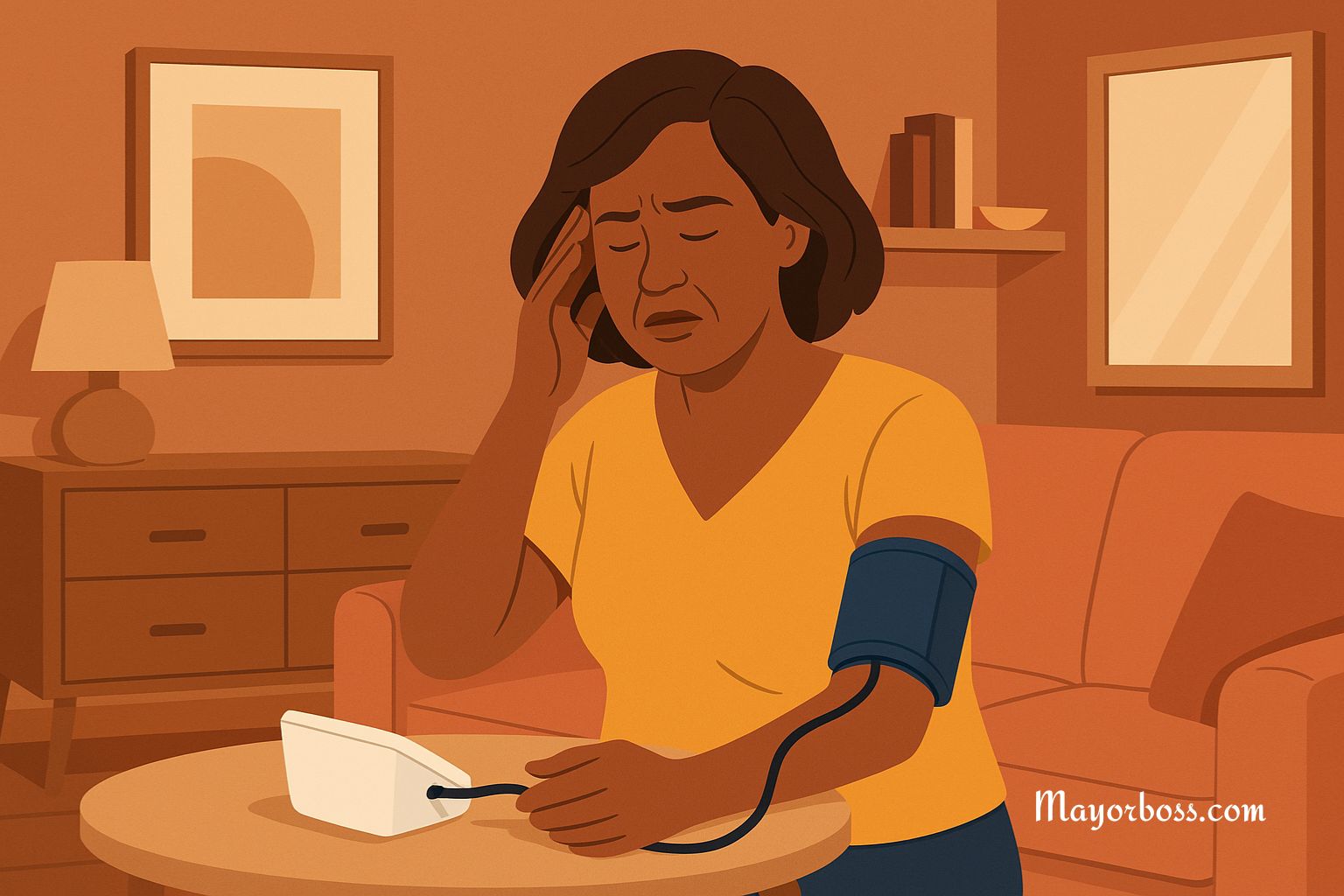What Are The Effects Of Junk Food On Your Body?
What Are Junk Foods?
In simple terms, junk foods are those foods that are typically high in calories, sugar, sodium, and fat but low in essential nutrients like vitamins, minerals, and fiber. Some examples of junk food include:
- Salty snacks like chips, pretzels, and popcorn
- Sweet snacks like candy, cookies, and cakes
- Fried foods like french fries, chicken nuggets, and mozzarella sticks
- Processed foods like frozen dinners, packaged baked goods, and lunch meats
- Sugary drinks like soda, energy drinks, and sports drinks
- Fast foods: hamburgers, pizza, hot dogs, and tacos
Junk food is often high in so-called “empty calories,” meaning they don’t contain much nutritional value. In fact, junk foods are often devoid of vitamins, minerals, and fiber and are also low in protein. (1)
While some junk foods can be eaten occasionally without doing harm to your health, consuming them on a regular basis can have serious consequences.
What Are The Effects Of Junk Food On Your Body?

Junk food is linked to a whole host of health problems. Here are some of the most harmful effects of junk food on your body:
1. Bloating
One side effect of eating junk food is bloating. When you eat foods that are high in sodium, your body holds onto the water in order to dilute the salt. This can lead to water retention and a feeling of bloat or puffiness, especially in the abdominal area.
2. Obesity
The most common effect of eating too much junk food is weight gain and obesity. Junk foods are usually high in calories, sugar, and fat, and eating them can lead to weight gain over time.
3. Spike in blood sugar levels
Junk foods are generally high in sugar and refined carbs, which can cause your blood sugar levels to spike. Why? Because when you eat foods high in sugar or refined carbs, your body breaks them down quickly and releases them into your bloodstream. This can cause your blood sugar levels to rise sharply and then fall just as quickly. The problem is that when your blood sugar levels crash, you may feel tired, irritable, and hungry.
4. Raise your blood pressure
You probably know that eating too much salt can raise your blood pressure. And guess what? Many junk foods are high in salt. But that’s not the only way junk food can affect your blood pressure. Junk foods are also often high in unhealthy fats like trans fats and saturated fats. These types of fats can raise your LDL (“bad”) cholesterol levels and makes it harder for your arteries to carry blood. That, in turn, raises your blood pressure. (2)
5. Digestive Issues
Junk food is notorious for being low in fiber. In fact, a single fast food meal can often contain less than 5% of the fiber an adult needs in a day. Fiber is important for keeping the digestive system running smoothly. Without it, we’re more likely to experience digestive problems like constipation and diverticular disease. What’s more, a lack of fiber can also lead to reductions in healthy gut bacteria. This can have a knock-on effect on our overall health, as these bacteria play an important role in immunity and nutrient absorption.
6. Depression
Junk food can also lead to depression. Studies have shown that people who consume junk food on a regular basis are more prone to developing depression. The chemicals present in junk foods can alter the normal functioning of the brain, leading to mood swings and feelings of sadness. (3)
7. Increase your risk of heart disease
Heart disease is the leading cause of death in the United States, and a diet high in junk food can put you at greater risk. That’s because junk food is often high in saturated and trans fats, which can clog your arteries and lead to heart disease or stroke.
8. Diabetes
Junk food can lead to type 2 diabetes. This is because junk foods are high in sugar, which can cause spikes in blood sugar levels. When blood sugar levels spike, the body releases insulin to bring them back down. Over time, this can lead to insulin resistance, which is when the body doesn’t respond as well to insulin. This can eventually lead to type 2 diabetes.
In addition, junk foods are high in trans and saturated fats, which can also lead to type 2 diabetes. Trans fats are known to increase the risk of developing type 2 diabetes, while saturated fats can make it harder for the body to control blood sugar levels. (4)
9. Memory and learning problems
Another effect of junk food is memory and learning problems. How does junk food affect memory? According to a study at RMIT University in Australia, junk food can cause memory problems because it can reduce neuroplasticity. Neuroplasticity is the process that allows our brains to store our experiences as memories. Junk food can reduce the number of neurons in the brain and the connections between them. This can lead to problems with memory and learning.
10. Weaken your immune system
Junk food may have an especially negative effect on your immune system. A diet high in junk food has been linked to inflammation, increased gut permeability, and imbalances in gut bacteria — all of which can weaken your immune system (5)
Additionally, studies show that a diet high in sugar may reduce the ability of white blood cells to fight infection. So if you’re eating a lot of junk food, you may be more susceptible to illnesses and infections.
11. Effect on your skin
Your skin is your largest organ, so it makes sense that what you put into your body would have an effect on the way it looks. Junk food is loaded with sugar, unhealthy fats, and processed ingredients. These can wreak havoc on your skin by causing inflammation, which can lead to acne, breakouts, dullness, and premature aging. According to one research, children and adolescents who eat fast food at least three times a week are more likely to develop eczema. (6)
To keep your skin looking its best, you need to nourish it from the inside out by eating a healthy diet that’s rich in vitamins, minerals, and antioxidants.
12. Kidney Disease
Junk food can also lead to kidney disease. This is because junk foods are high in salt, which can lead to high blood pressure. High blood pressure is a major risk factor for kidney disease. In addition, junk foods are high in sugar, which can also damage the kidneys.
13. Raise your risk of cancer
Junk food has also been linked to an increased risk of cancer. A diet high in processed meats, for example, has been linked to an increased risk of colorectal cancer. Additionally, junk food is often high in sugar and unhealthy fats, both of which have been linked to an increased risk of pancreatic cancer. If you’re eating a lot of junk food, you may be increasing your cancer risk.
Final thoughts – Moderation is key
Junk food can have a negative effect on your health. These effects range from weight gain and diabetes to memory problems and weakened immune systems. Junk food can also cause skin problems and heart disease and increase your risk of cancer.
However, moderation is key. Let’s be honest.
There are sometimes you just can’t avoid eating junk food. And that’s OK! Just make sure that junk food isn’t the majority of what you’re eating. Aim for a balanced diet that includes plenty of fruits, vegetables, whole grains, and lean protein. And when you do indulge in junk food, try to make healthier choices like baked chips instead of fried or small ice cream instead of a large one. By making small changes like these, you can enjoy junk food without harming your health.






